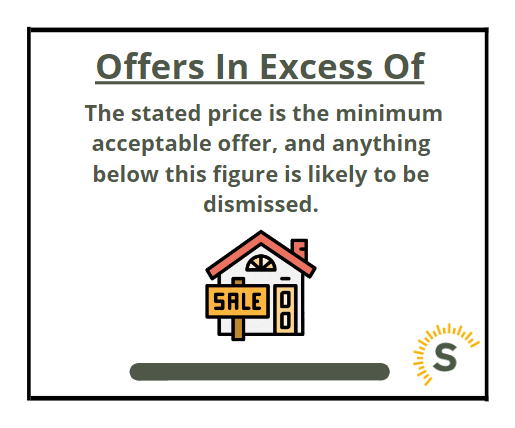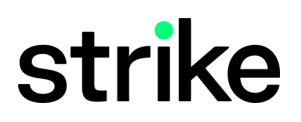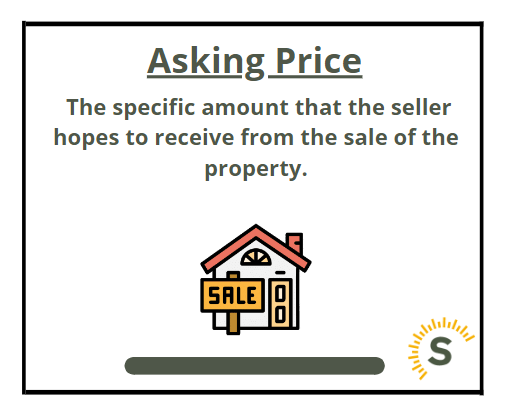
Navigating the property market, whether buying or selling, often feels like decoding a cryptic language. The term 'Offers in Excess Of', or OIEO, is a prime example of property jargon that can baffle first-time buyers or sellers. However, the phrase carries essential implications for both parties.
In this insight, we demystify the term, offering a comprehensive understanding of its usage, implications and how to make an offer on a property using 'Offers in Excess of'.
'Offers in Excess Of' is a pricing strategy adopted by sellers or estate agents while marketing a property. This term suggests that the stated price is the minimum acceptable offer, and anything below this figure is likely to be dismissed.
However, this does not restrict potential buyers from submitting bids higher than the stated price, potentially leading to a profitable outcome for the seller.

**** 4.2

The decision to market a property with an 'Offers in Excess Of' price tag can be attributed to various factors.
Often, this approach is used as a strategic manoeuvre by estate agents. They believe that advertising a lower price, albeit with an OIEO tag, could attract a larger pool of potential buyers. Consequently, the competition amongst buyers could drive up the offers, inching closer to the seller's desired value.
In some instances, the property in question may be unique or located in an area where property values are exceptionally varied. For instance, properties with extraordinary makeovers or architecturally distinct features can be challenging to price accurately. Here, using an 'Offers in Excess Of' label can invite a range of bids, helping gauge the market's valuation of such unique properties.
Alternatively, the OIEO term is used when a property is being sold via auction or an open-house event. The property is priced competitively, sometimes lower than the actual valuation, with the hope of sparking a bidding frenzy. This tactic has the potential to yield a final price higher than the initial asking price.
Regardless of the underlying reason, the OIEO pricing strategy could be advantageous for both buyers and sellers. For the seller, it ensures that the minimum acceptable price is clearly communicated, while for the buyer, it provides a clear starting point for negotiations.
While bids below the 'Offers in Excess Of' price are likely to be dismissed, there is no hard and fast rule prohibiting such offers. If the property has been on the market for an extended period, or if the OIEO price is significantly above the average price of similar local properties, buyers may consider making a lower offer.
Interestingly, industry experts suggest that approximately 85% of homes sell for less than their asking price. Therefore, buyers should not hesitate to submit an offer that they believe accurately reflects the property's value. However, such 'below OIEO' offers should ideally be accompanied by convincing reasons that highlight the benefits of accepting the lower bid. For instance, demonstrating that you have a mortgage agreement in principle and can proceed with the purchase immediately might give your offer an edge, despite it being lower than the desired price.
While both terms refer to the price of a property, there is a subtle distinction between the two. The 'Asking Price' is the specific amount that the seller hopes to receive from the sale of the property. On the other hand, 'Offers in Excess Of' is essentially the minimum price that the seller is willing to accept, and hopes that the actual sale price will exceed this minimum threshold.

While the 'Offers in Excess Of' term provides a benchmark, there is no definitive guide dictating how much a buyer should offer on an OIEO property. Essentially, the offer should reflect the property's perceived value to the buyer. All offers, irrespective of the amount, must be forwarded to the vendor, ensuring fair play. The vendor then has the discretion to evaluate all offers before making a decision.
The decision to market a property using the OIEO price strategy can have varying outcomes. Some experts caution that adopting this approach might lead to overpricing the property, thereby limiting interest from potential buyers.
Conversely, others argue that this tactic could attract a larger pool of interested parties due to the initially lower price. Furthermore, the competitive dynamic could lead to offers exceeding the seller's original expectations, making it a potentially profitable strategy.
While 'Offers in Excess Of' is one of the common pricing terms used in property listings, there are several other phrases that buyers and sellers should familiarise themselves with.
'Price on Application', or 'POA', is typically used for high-end, exclusive properties. Rather than listing a specific price, interested buyers must contact the estate agent to ask about the price.
'Offers Invited' is another term often seen in property listings. This phrase is usually used when the estate agent finds it challenging to assign a definitive price to a property. Consequently, potential buyers are invited to submit their offers, giving the estate agent insight into the property's perceived market value.
Read More Other Terms:
These terms are used to rule out Buyers and create a mentality that the property is worth a certain value. Ultimately, there are no rules and if you make an offer of any value, it will be passed on to the property owner to make a decision.
When you see a property with "Offers in Excess Of" (OIEO), figuring out what to offer can be tricky. If the price seems fair and fits your budget, you can offer that amount or a bit more, it's going to give you the best chance of securing the property amongst competition. But if the price looks too high or the property isn't selling well, offering less might be okay. Just explain why you're offering less, like mentioning repairs or local market trends. Finding the right balance between a good offer and property value improves your chances of success.
Navigating the property market can seem daunting, but understanding the terminology can significantly simplify the process. Whether you're a buyer or a seller, the 'Offers in Excess Of' term plays a crucial role in property transactions. By understanding its meaning and implications, you can make informed decisions that align with your financial goals.

Stuart is an expert in Property, Money, Banking & Finance, having worked in retail and investment banking for 10+ years before founding Sunny Avenue. Stuart has spent his career studying finance. He holds qualifications in financial studies, mortgage advice & practice, banking operations, dealing & financial markets, derivatives, securities & investments.





Our website offers information about financial products such as investing, savings, equity release, mortgages, and insurance. None of the information on Sunny Avenue constitutes personal advice. Sunny Avenue does not offer any of these services directly and we only act as a directory service to connect you to the experts. If you require further information to proceed you will need to request advice, for example from the financial advisers listed. If you decide to invest, read the important investment notes provided first, decide how to proceed on your own basis, and remember that investments can go up and down in value, so you could get back less than you put in.
Think carefully before securing debts against your home. A mortgage is a loan secured on your home, which you could lose if you do not keep up your mortgage payments. Check that any mortgage will meet your needs if you want to move or sell your home or you want your family to inherit it. If you are in any doubt, seek independent advice.